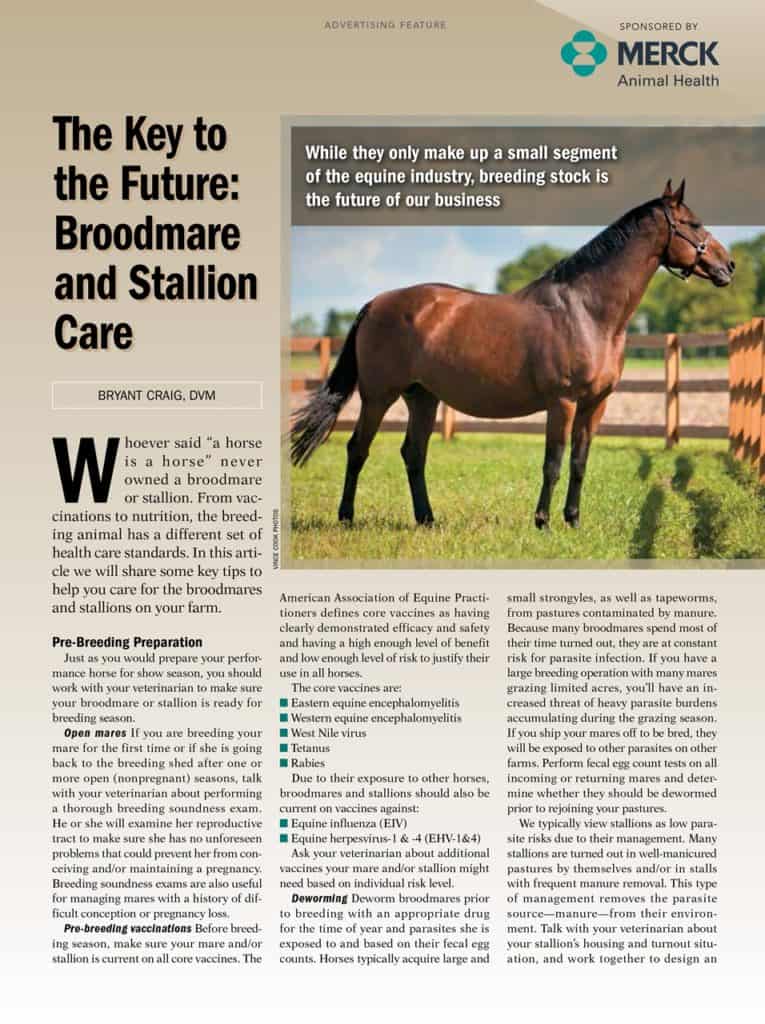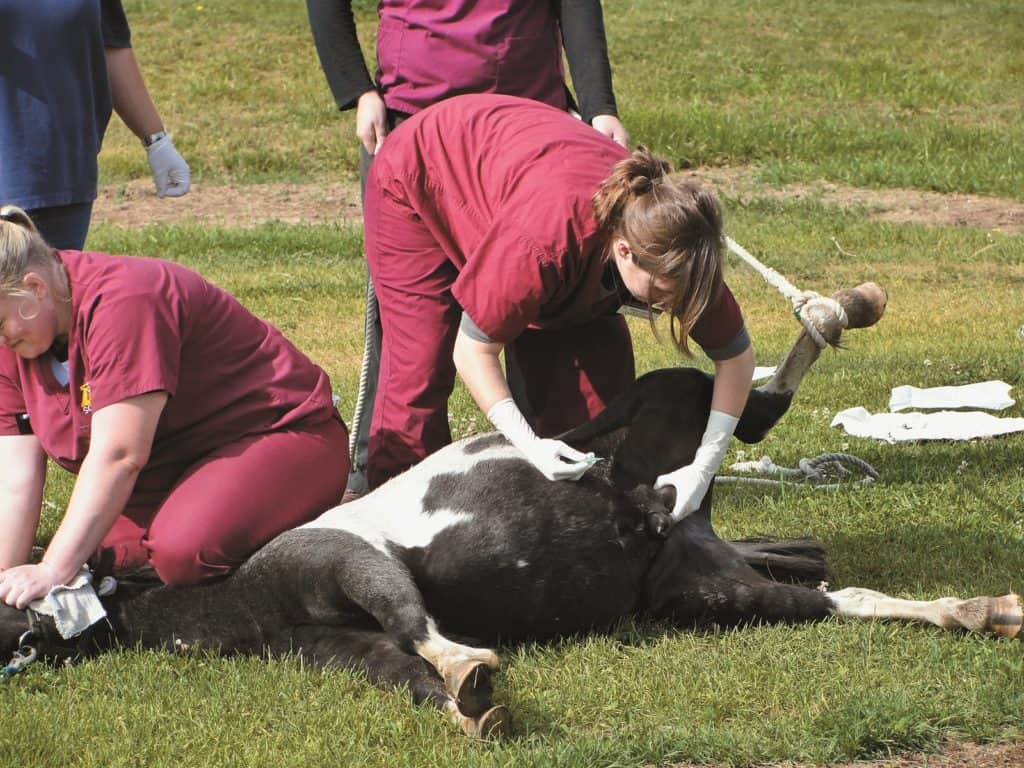
UK Graduate Student Spotlight: Gabriel Monteiro Davolli
Davolli has conducted research on hormone therapy in stallions as well as other breeding-related projects.

Davolli has conducted research on hormone therapy in stallions as well as other breeding-related projects.

Studies covered biofilms, chilled and frozen semen, endometritis, placentitis, oxidative stress and fertility, and more.

While they only make up a small segment of the equine industry, breeding stock is the future of our business.

Hemospermia–blood in the semen–is detrimental to fertility, stallion welfare, and industry economics.

Dr. Pat McCue describes the reproduction studies from the past year he deemed most important and useful.

The events will feature lectures on university programs, equine reproduction, and horse management issues.

Two veterinarians describe recent equine reproduction studies they found interesting and influential.

Researchers determined that it’s the sire’s genes that take the lead in developing the mare’s placenta.

Learn what different semen evaluations can tell veterinarians about a stallion’s fertility.

Some veterinarians now believe that metabolic diseases likely have a negative impact on equine reproduction.

Learn how equine pain might influence reproduction ability, along with how to detect subtle signs of pain.

Dr. Dickson Varner lists the reasons veterinarians might assess stallions for infertility.

The Society for Theriogenology’s Conference starts Aug. 7 and continues through Aug. 10 in Louisville, Ky.

Researchers are continually making advancements to improve equine artificial insemination.

Dr. Pat McCue gives a rundown on a number of 2012’s practical equine reproductive studies.

Researchers found that stallions can still lead productive lives as studs with only one testis.
Stay on top of the most recent Horse Health news with
"*" indicates required fields